
There was a lively buzz at a get together in Leeds this week that focused on adult education and an agenda for citizenship, democracy and justice. People who were in the room and beyond, connecting via social media, are excited about the traditions and promise of adult education for social purpose. It was good to see people of different ages and backgrounds exchanging experiences and ideas in a refreshing day of active learning and critical thinking.
Jol Miskin introduced the day’s activities, explaining that the aims of the event were to:
- raise the profile of learning for democracy;
- develop partnerships for learning for active citizenship;
- explore resources and approaches for a citizens’ curriculum.
The morning’s activity was made up of 3 sessions of 30 minutes. Each had a starter for ten (minutes) from professors with a wealth of academic knowledge and practical understanding followed by 20 minutes of discussion in small groups. The speakers were engaging and disciplined about timing.
Professor John Field (Emeritus Professor in the School of Education at the University of Stirling and Honorary Professor at the University of Warwick) started us off with a session on ‘Learning from experience: taking the long view of citizenship, justice, democracy and adult learning’.
John said that adult education began with citizenship and mass membership organisations. He reminded us of how women and working class men have been excluded from democracy, sparking movements for equality that were bound up with adult education. He referred to important figures such as R H Tawney who paved the way for today’s education for social purpose.
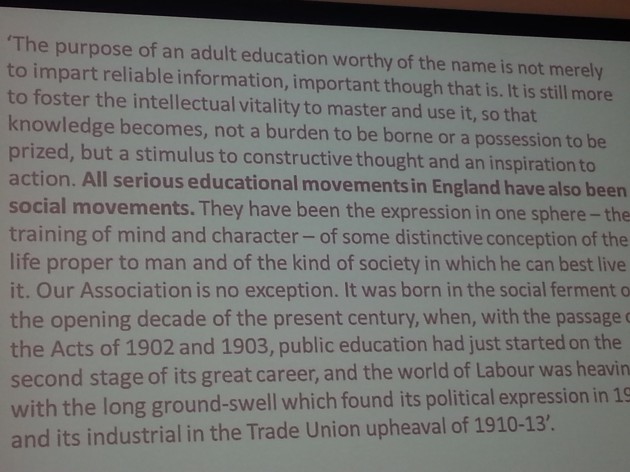
Prof John Field quotes R H Tawney, who was the WEA’s President (1928–44) and Vice-President (1920–28 and 1944–48)
Tawney’s language might seem dated now but his ideas are still very relevant and important.
John asked the following questions as a stimulus for group discussion:
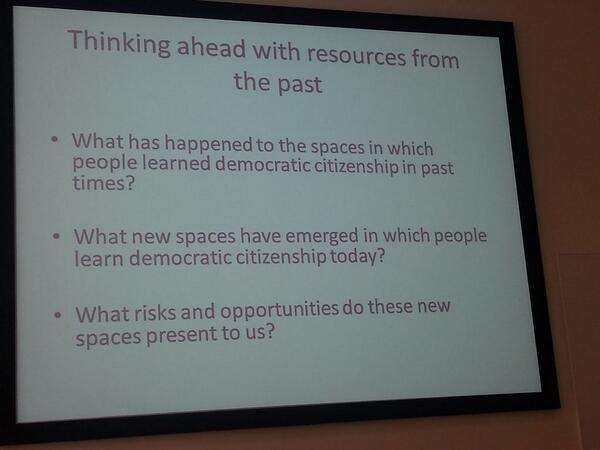
Professor Marj Mayo (Emeritus Professor of Community Development at Goldsmiths University and member of the National Advisory Panel of Class) moved us on to, ‘Identifying spaces, claiming spaces and using spaces for deepening democracy’. Marj reminded us of more recent work on active citizenship through Take Part initiatives, such as a Train the Take Part Trainers initiative run by the WEA and NAVCA. This was one of a range of Take Part activities involving many organisations, overseen by the Community Development Foundation and funded by the Department of Communities and Local Government.
Arguing that we can’t have social justice without social change and claiming spaces, she made distinctions between citizens as ‘active dissenters, subversive dissenters, self helpers and colluders.’
Marj’s questions for discussion were:
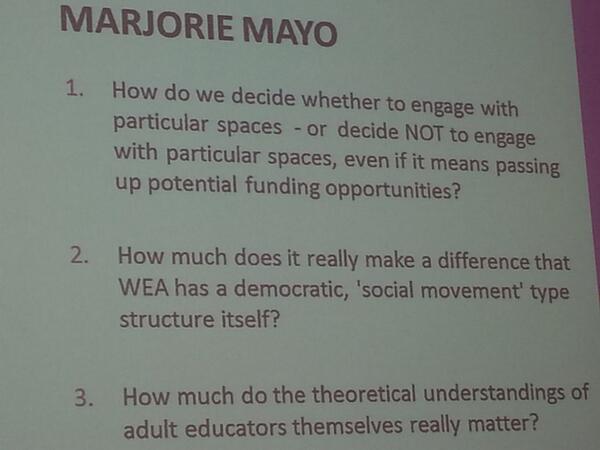
Professor Stephen Coleman (Professor of Political Communication at the University of Leeds) finished off the trio of talks with 10 minutes on ‘Voice as a subversive instrument’.
Stephen drew attention to statistics from the Hansard Society’s Audit of Political Engagement, which is now in its eleventh year.
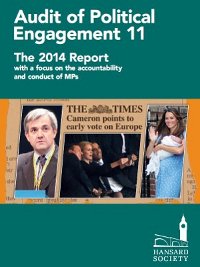
Discussing levels of alienation from politics, he suggested ‘playing the outcomes and impact game’ by having outcome measures for political and democratic engagement.
These were Stephen’s questions for group discussion.
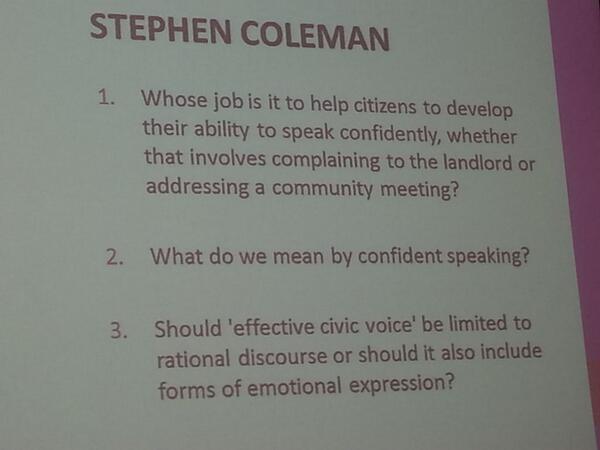
The range of people, experiences and organisations represented at the event led to some very animated group discussions in the afternoon before a final plenary session.
Cheryl Turner and I had been given the task of summing up the day.
We noted how questioning and open attitudes had prompted a lot of active debate and participation, so finished by pulling together some of the basic questions and observations that had emerged.
What underpins a citizens’ curriculum?
- It should be negotiated locally;
- It should be relevant and based on people’s interests, concerns or passions;
- It should link with the global and connect people;
- It should address inequality;
- It should be challenging and make a difference.
Who is it for?
- It should be inclusive;
- It should be for collective learning and benefit;
- All participants should learn from each other, including teachers and politicians learning from students;
- It should be an important element of lifelong learning for people at all ages and stages of life, including family learning
How? (Principles)
- Respectful dialogue with active listening;
- Questioning and open-mindedness;
- Acknowledging different experiences and perspectives;
- Valuing people’s views and giving constructive feedback;
- Finding new ways of talking (and learning) about politics that are different from the remoteness of the political ‘class’ and based on everyday life;
- Collaborating, networking and sharing of resources;
- Developing outcome and impact measures for democratic and political engagement;
- Well advertised, accessible and welcoming.
What next?
Participants have agreed to share contact details and to follow up with actions.
As well as community learning champions, community activists, adult educators and academics, the group included representatives of Democracy Matters, the Electoral Reform Society and several other influential organisations. Look out for a “Declaration for Democracy: Our call for political education and renewal”, from Democracy Matters and other related activity.
Thanks to colleagues at the University of Leeds, NIACE and the WEA for organising the event.
The Twitter hashtag was #aecdj.
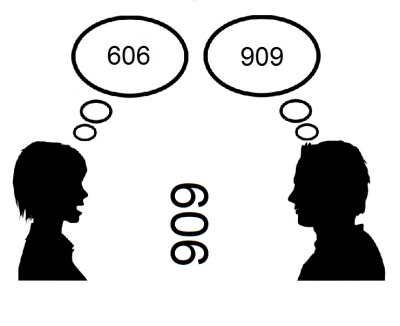 This simple illustration can prompt a lot more thinking. It shows why dialogue is important.
This simple illustration can prompt a lot more thinking. It shows why dialogue is important.





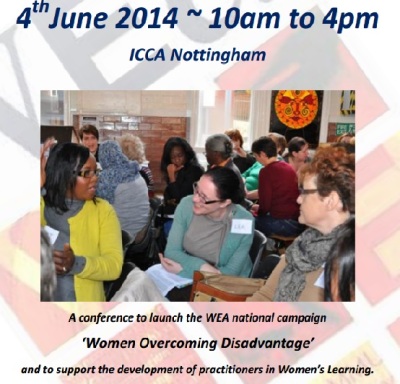

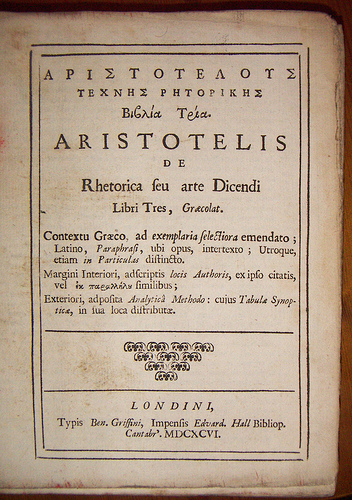
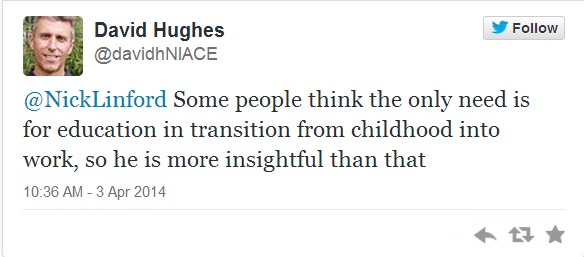
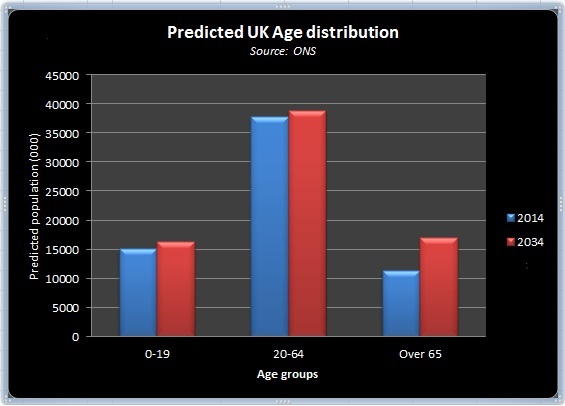

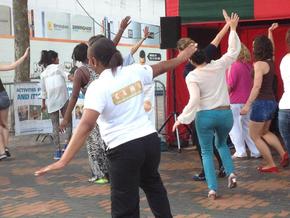
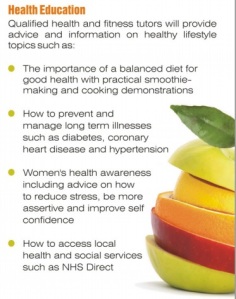

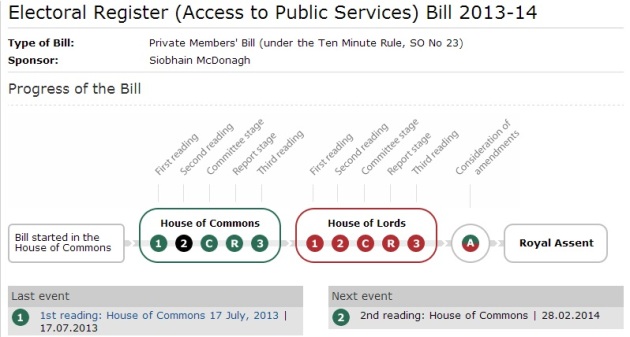
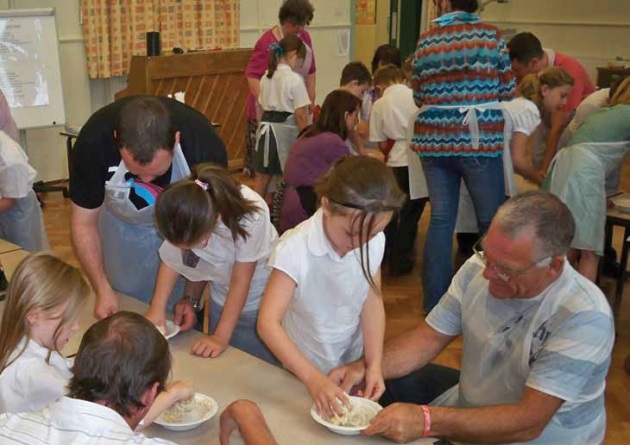
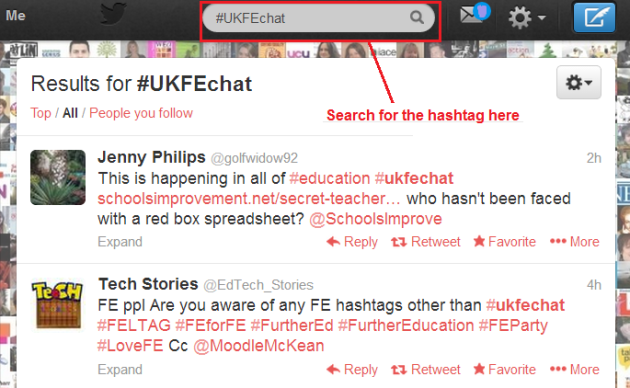


Recent Comments